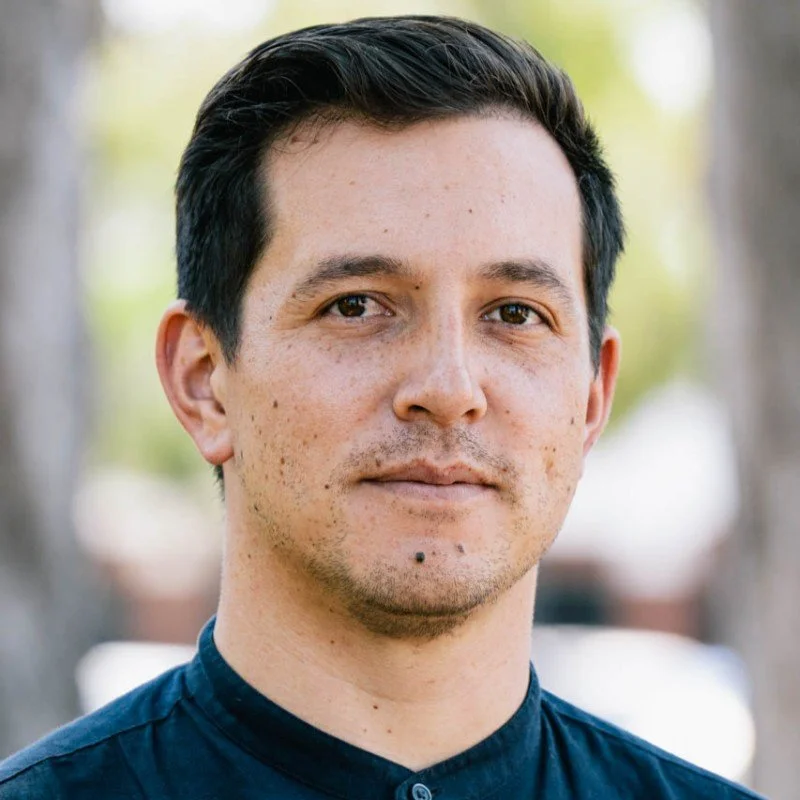Impact Interview: Nathan Chan
Name: Nathan Chan
Role/Function: Senior Sustainability Manager, Terviva
What are you working on these days?
Currently, I'm spending a lot of time working on building out Terviva's systems and processes to support the sustainable cultivation and procurement of pongamia, a legume oilseed tree that grows in the tropics and subtropics of South and Southeast Asia. We take the oilseeds from the tree and convert them into oil and protein products that can be used for food, fuel and feed. As I write this, I'm in Mumbai having just completed a week-long trip through our wild harvest supply chain in Eastern India.
What was the “aha” moment that sparked your interest in social and environmental impact?
My interest in social impact started with my interest in environmental science and has been a continuous journey through my studies and career. One moment that stands out was at the end of my senior year when I discovered my interest in sustainable agriculture. I was completing my undergraduate degree in Environmental Science and Management at UC Davis and took an organic agriculture class my last quarter for fun (tractor driving was another "fun" class that seniors often took). The class consisted of a small amount of lecture and four hours of work on the student farm every week. I really enjoyed working outside and seeing the practical applications of my understanding of environmental science and ecology. From there I had the opportunity to intern and then work at Terviva, which was a small start up at the time trying to figure out how to use our existing land base more efficiently through the commercialization of new crops.
Over my first few years at Terviva I learned much more about the problems that farmers and agricultural communities have faced over the past 40 years. I have worked with Terviva to try and create a business model that benefits farmers, not just big corporations. That work started with farmers here in the United States (Florida and Hawaii, specifically), but has expanded now to India, Belize and Australia. Today, the most impactful part of our business is working with smallholder farmer communities in rural India on the harvest of pongamia beans. In these communities we are working to improve livelihoods through training programs that help create female business leaders in pongamia and pay premiums for pongamia that support increased incomes.
How did you break into the impact space? What career advice would you give to professionals who are just starting out or looking to transition?
I got into social impact by joining a company that had a strong mission focused on both environmental and social impact. My primary interest in joining was to work on environmental issues related to agriculture — greenhouse gas emissions, fertilizer and pesticide use, biodiversity, land use change — but came to find that work on social impact was deeply embedded in the company's mission as well. Over time, I had the opportunity to learn about social impact through Terviva's social impact work in India and help to shape and refine the company's strategy on social impact. I've been excited by the rise of frameworks like regenerative agriculture that work to holistically integrate principles of environmental sustainability and social impact while recognizing that we cannot have one without the other, especially in a business context.
Working in impact is often about driving change. What is the skill or trait that has been most important for your work as a change agent? How did you learn or hone it?
I am by no means the social impact expert on my team or in my company — I am surrounded by a large team of rural development and social impact professionals that deeply understand the socioeconomic context of the communities we work with. The best skill that I have been able to bring to our social impact work is to synthesize my teammates’ wealth of knowledge and data from the field into narratives, metrics and business cases that support our value chain as a whole. In my time I have found that there is no substitute for going out and spending time in the field, when possible, to build understanding and connection with one's work. At the end of the day, profitability will always be the main goal of a company, but being able to demonstrate how social impact work benefits our stakeholders and the value of the company is paramount to a successful social impact program.
What most excites you about the impact space right now?
My work is currently focused on India and I continue to be excited and impressed by the amount of public and private resources that are available to invest into rural development and social impact work here. There are a number of multinational companies that dedicate significant capital to support the livelihoods of rural and tribal communities here. I'm particularly interested in understanding how carbon finance can be used to support smallholder farmers transitioning to agriculture and land use practices that are more environmentally sustainable and economically productive.
This season, our Impact Interviews series features members of the Change Hub, our membership community for busy sustainable business professionals. Tap into trainings, tools and a trusted network of fellow impact practitioners (including Nathan!) by JOINING US HERE.

